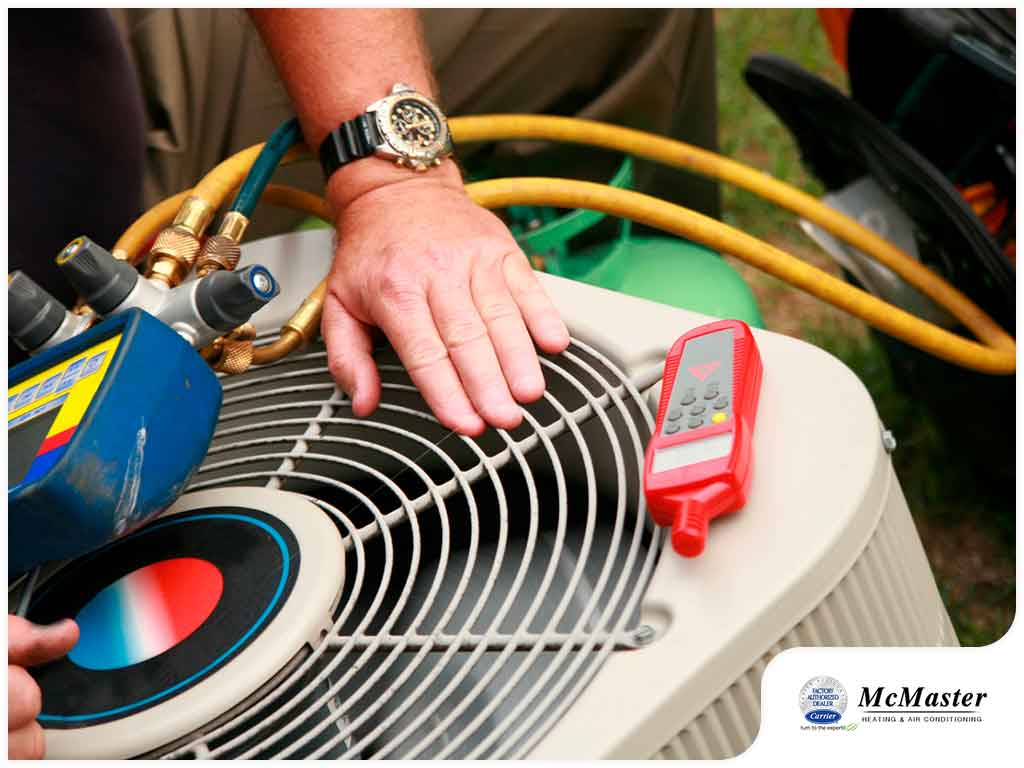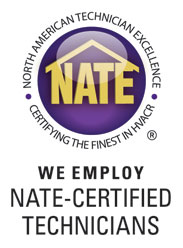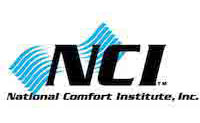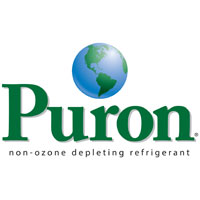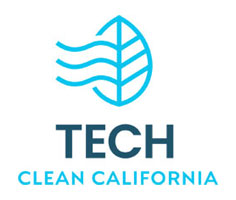Your heat pump and air conditioning system need refrigerant to generate both hot and cold air. Taking precautions against refrigerant leaks can prevent various problems. In this blog, local heating and air conditioning company McMaster Heating and Air Conditioning, inc discusses signs that your HVAC refrigerant is leaking and what you should do about it.
What Happens When Refrigerant Leaks?
Unlike furnace fuel, refrigerants aren’t consumable. A typical heat pump or air conditioner puts refrigerant through various stages of pressurization, generating both hot and cold air. Refrigerant lines can get worn out over time, and leaks can occur when you least expect it. When refrigerant lines start leaking, they increase the strain on your system, resulting in higher energy consumption and the increased likelihood of premature failure.
Signs of a Refrigerant Leak
If you notice one or more of the following signs, call your HVAC technician, as this could indicate leaking refrigerant.
Low Output — HVAC systems with low output can be attributed to a number of causes, but leaking refrigerant is by far one of the most common. With less refrigerant to use, your HVAC system will release less conditioned air. While it’s possible to adjust your HVAC settings to compensate, this could put undue stress on your HVAC system.
Hissing Sounds — Depending on where the leak has sprung, you may hear hissing noises coming from your HVAC system. A major leak may even produce a gurgling sound.
Increased Energy Consumption — While high energy bills can be caused by many factors, a lack of maintenance and insufficient insulation among them, a sudden change in your energy consumption can be attributed to a refrigerant leak.
Frozen Coils — Insufficient refrigerant running through the HVAC system will result in reduced heat absorption, which can lead to frozen evaporator coils.
What Will Happen to Your HVAC System?
A typical refrigerant line repair routing includes replacing the refrigerant lines and refilling the refrigerant. If your HVAC system is filled with an obsolete type of refrigerant, it will be replaced with R-410A, the current standard. Your HVAC system will also be inspected for other potential problems.
Call McMaster for Your HVAC Repair and Installation Needs
McMaster is your leading provider of Carrier HVAC systems. Give us a call at (949) 481-7995 or fill out our contact form. We serve customers in Lake Forest and Irvine, CA.







